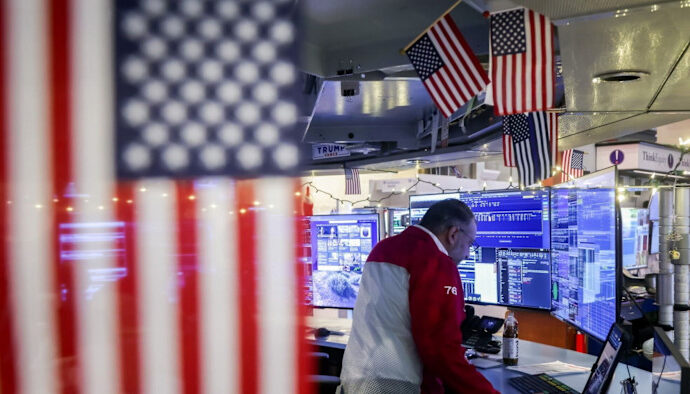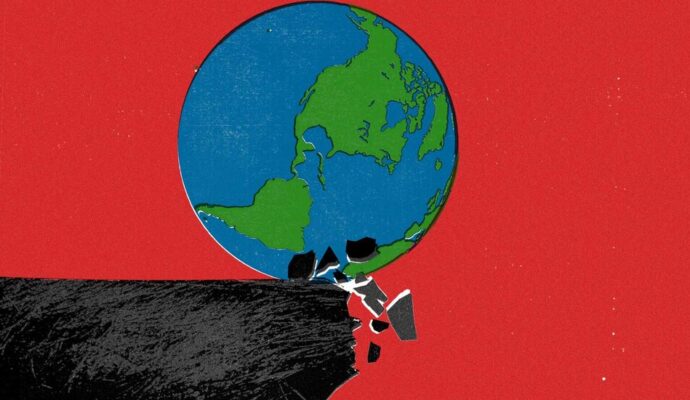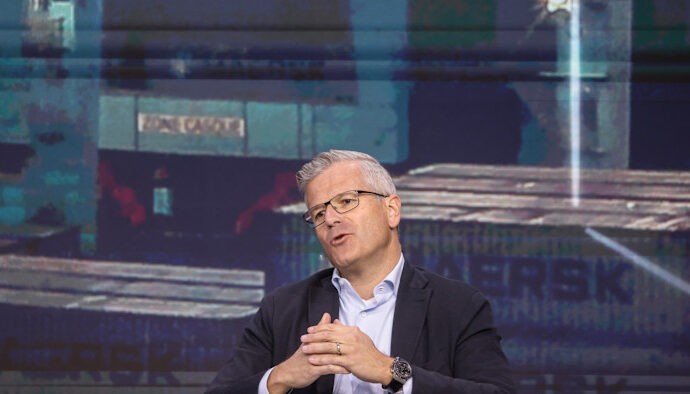When India went to war with Pakistan to midwife the birth of an independent Bangladesh in 1971, then-US president Richard Nixon sent a naval task force to try to force a retreat by Indian prime minister Indira Gandhi, a leader he privately excoriated as a “bitch” and an “old witch”.
But Gandhi stood firm, insisting India regarded the US “as a friend, not a boss” and quickly winning her war against Washington’s south Asian ally.
More than half a century later, many Indians fear their country could again be on course for an ugly confrontation with the US — and wonder whether their current leader, Prime Minister Narendra Modi, will be as willing as his predecessor to stand up to the world’s most powerful nation.
US President Donald Trump’s announcement this month of tariffs totalling a punitive 50 per cent on Indian imports has brought a jarring stop to a period of broadly warming relations between New Delhi and Washington and put Modi in a difficult position.
“While Modi has invested a lot in the US-India relationship and would like to see a trade deal concluded soon, he cannot be seen as bowing to US pressure, especially domestically,” said Rahul Bhatia, India analyst at Eurasia Group.
“The opposition has already criticised the prime minister for not standing up to Trump, and Modi’s own base no longer holds a favourable opinion of the US president,” Bhatia said.
Trump’s White House insists the tariffs, among the highest in the world, are a response to Indian purchases of Russian oil that it says are helping finance Russia’s war on Ukraine. But as in 1971, the bust-up between the world’s largest democracies has been accompanied by demeaning rhetoric, with Trump last week dismissing India, which has one of the highest GDP growth rates of any large country, as a “dead economy”.
Indira Gandhi enjoyed a surge of support for defying Nixon, but analysts say Modi must balance the need to be seen to resist Trump’s pressure while finding ways to mending ties with India’s biggest trading partner.
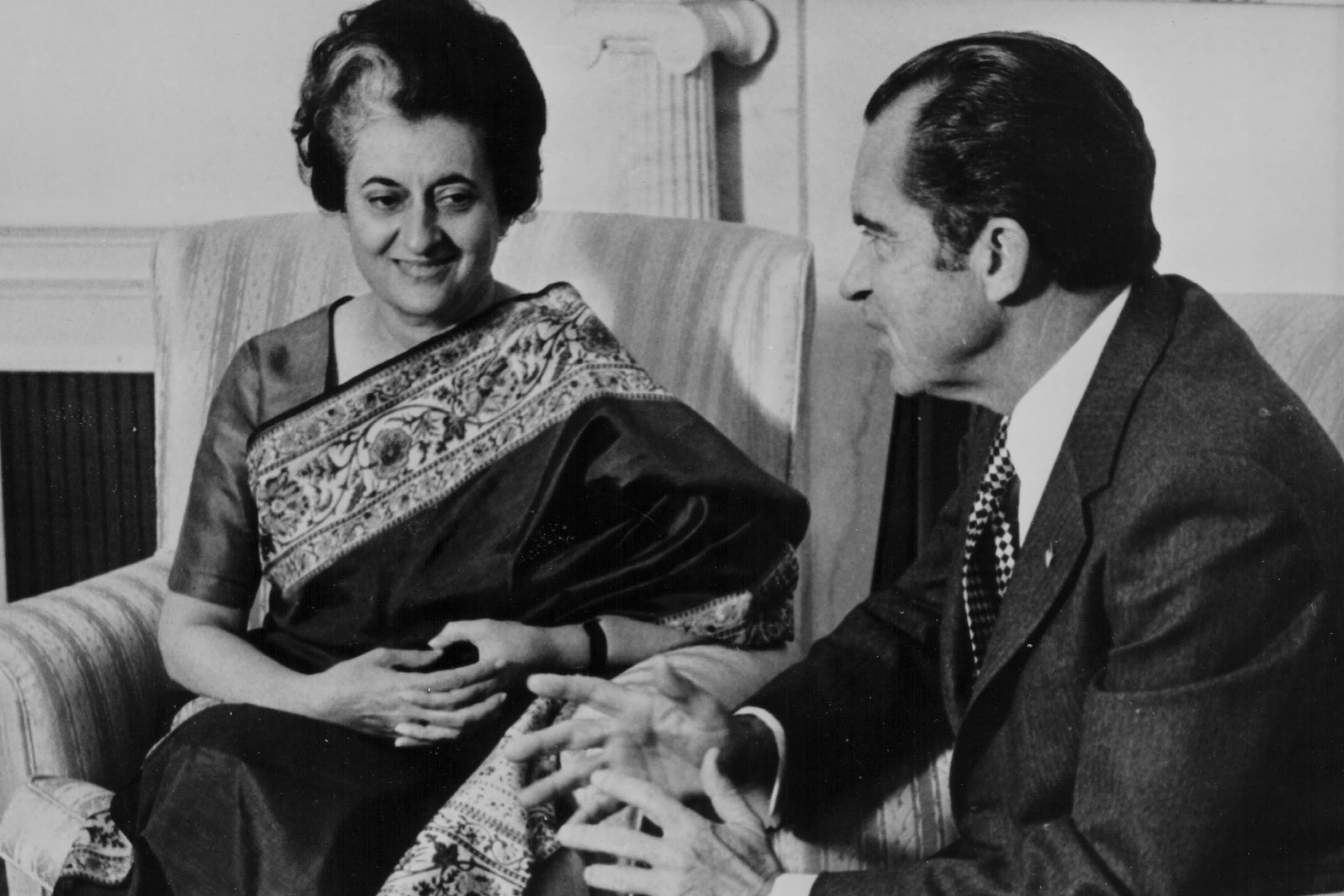
Opposition politicians, who rarely make serious inroads against the thrice-elected Indian prime minister, have spotted an opening.
“PM Modi better not let his weakness override the interests of the Indian people,” wrote Rahul Gandhi, leader of the opposition in India’s parliament and grandson of Indira Gandhi, after the White House raised its threatened tariffs on Indian goods to 50 per cent on Wednesday.
The threat has fuelled animosity in India against Trump, where many are angry at his singling out of India over Russian oil purchases that were tolerated by Washington until the US president’s recent toughening of his approach to Moscow.
“If the purchase of Russian oil was such a big deal, why has he said nothing about purchases by the Chinese?” said Shyam Saran, a former Indian foreign secretary. “Why has he only acted against India?”
Jairam Ramesh, spokesman for the Indira Gandhi’s Indian National Congress, urged Modi to channel the spirit of the late leader. “Modi should shed his ego — if indeed that were possible — and take inspiration from the manner in which she stood up to the USA,” he said.
The ructions in one of the world’s most consequential diplomatic pairings — seen until recently as a bulwark against a rising China — come less than six months after Trump gave Modi a warm welcome to the White House, describing the Indian leader as a “great friend”.
The US and India had also vowed to clinch the first tranche of a bilateral trade deal by autumn, and to more than double their bilateral trade to $500bn by 2030.
In June, Modi invited Trump to attend a New Delhi summit later this year of leaders of the Quad security grouping, which includes India, the US, Japan and Australia, sparking speculation they would sign the trade deal’s first tranche then.
But the relationship had already begun to sour after Trump in May claimed credit for bringing a halt to fighting between Indian and Pakistan that followed a terrorist attack in Indian-administered Kashmir.
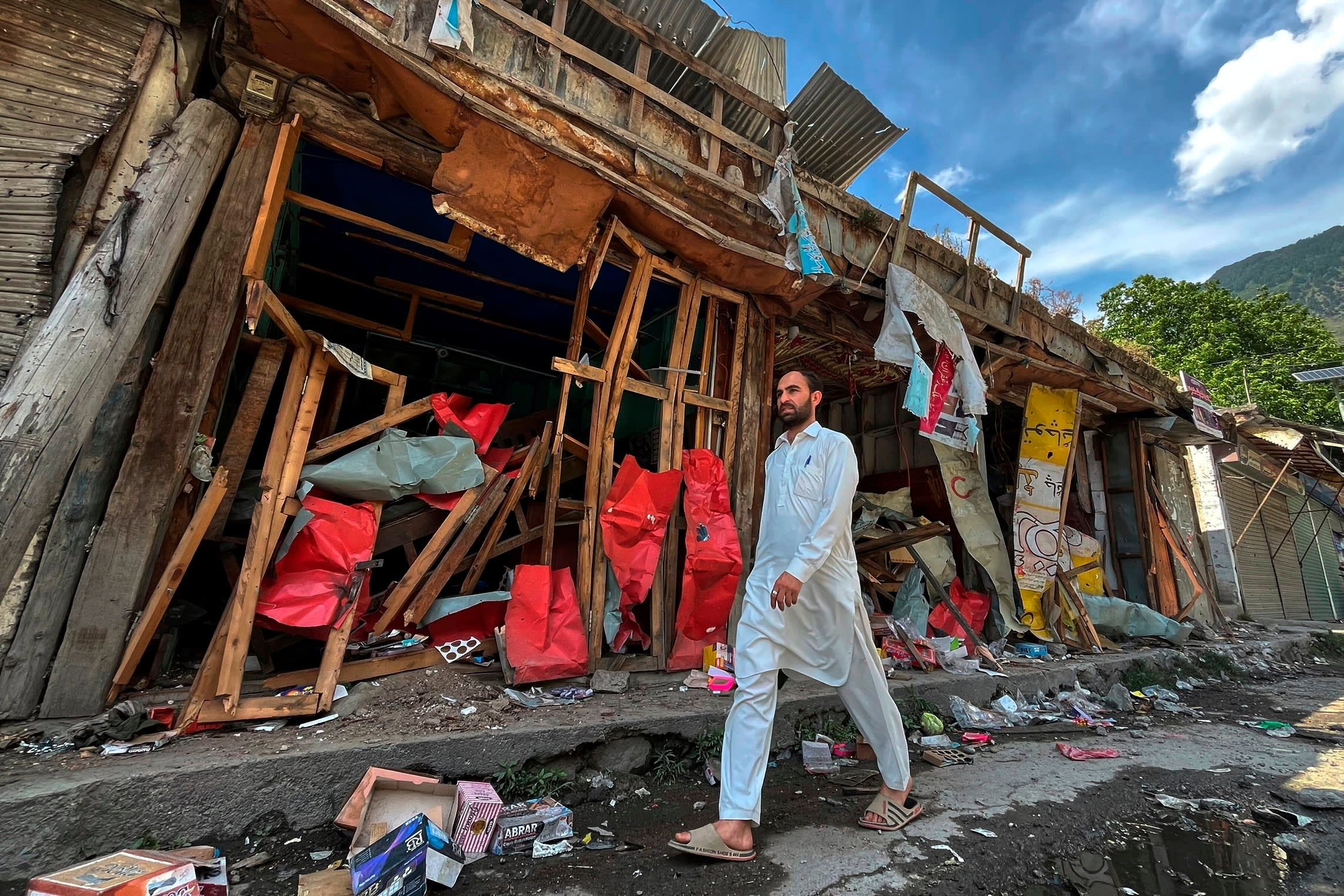
According to people briefed on the US-India trade talks, Trump was irritated by Modi’s public contradictions of his claim to have used trade as leverage to broker the ceasefire that ended what was the worst fighting between the two nuclear-armed Asian neighbours in decades.
India claimed Pakistan took the initiative to end the conflict and the two sides agreed to end it bilaterally. But the ceasefire followed public interventions by US officials and Indian opposition leaders seized on Trump’s account to undermine Modi, with Rahul Gandhi deriding the prime minister as “Narendra Surrender”.
By early July a draft interim trade agreement was agreed by Indian and US negotiators, but remained unsigned on Trump’s desk, according to the three people briefed on the talks.
The White House declined to comment on Trump’s handling of the draft deal, but said he had “leaned on his relationships with both India and Pakistan to secure a ceasefire in this deadly conflict that could have gone nuclear without his involvement”.
“This president is effective because he is able to maintain relationships while advocating for America First policies,” the official said.
“I do think that the US president is still irked that India did not fan his ego publicly on his interpretation of mediation of the conflict,” said Rudra Chaudhuri, director of Carnegie India. “My own view now is that everyone is going to dig their heels in. And a pathway needs to be found.”
Analysts said the Modi government might have erred by treating the US tariff talks as a routine trade negotiation rather than a political exercise with a transactional leader who needs high-profile wins on trade to show his political base.
The 50 per cent tariffs, if they take effect as planned in less than three weeks, will put India exports to the US alongside those of Brazil. But Brazil is openly defiant, with President Luiz Inácio Lula da Silva declaring that Trump was “not elected to be emperor of the world”.
Modi’s tone has so far been more subdued, but with a hint of steel.
On Thursday, the prime minister did not comment on whether New Delhi might reduce or stop oil imports from Russia. But he insisted India would “never compromise on the interests of farmers, fishermen and dairy farmers” — whose politically sensitive sectors were a sticking point in recent trade talks.
“I know, personally, I will have to pay a heavy price — but I am ready for it,” Modi said. “India is ready for it.”
Additional reporting by James Politi in Washington
